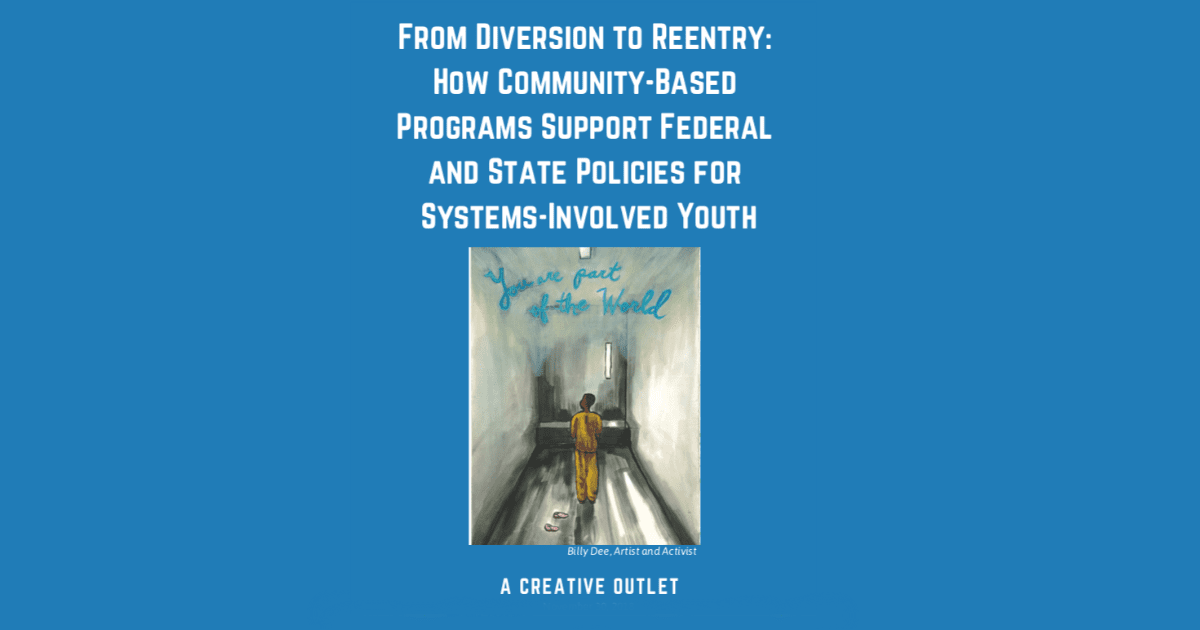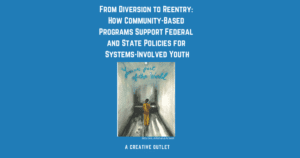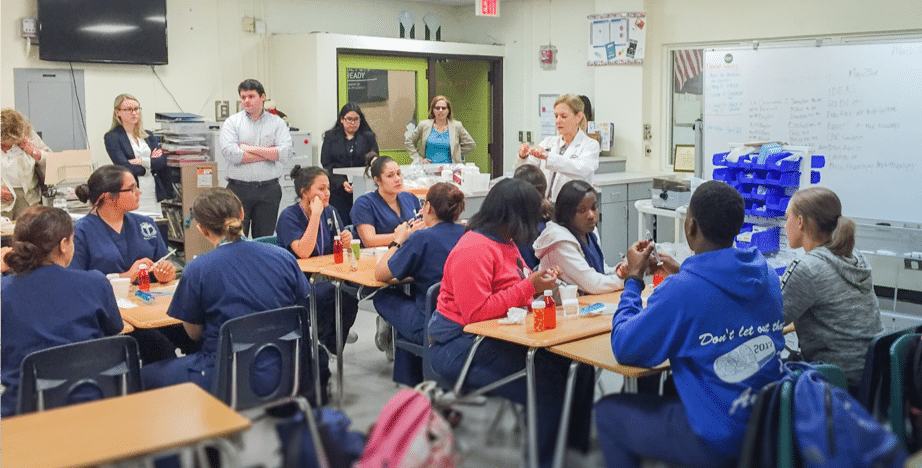Overview
Young people involved in the foster care and juvenile justice systems often face significant challenges during multiple stages of their education and career journey. As a result, only 51 percent of youth in foster care graduate high school and nearly 2 percent will complete college. For youth involved in the juvenile justice system, only about 12 percent will graduate high school (or obtain a GED). Title I, Part D of the Every Student Succeeds Act (ESSA), provides funding to states to establish or improve educational programs for neglected or delinquent youth, or those who may be at risk of involvement in the justice system. There are also new provisions to improve education within juvenile justice facilities and promote successful reentry for youth who are returning to their schools and communities after incarceration. For youth at-risk of entering foster care, the Family First Prevention Services Act allows states to now access funding for prevention services without removing youth from their homes, which includes substance use, mental health and family wraparound supports to stabilize families that are likely to enter the child welfare system. The role that community-based programs play in helping to execute successful programs for systems-involved youth is extremely critical. Federal initiatives, such as Promise Zones and the newly implemented Opportunity Zones are examples of federal and local collaborations to transform low-income and under resourced communities.
The study tour brought together a group of bipartisan congressional staff with expertise in child welfare, juvenile justice, education, and workforce to tour and learn about the Living Classrooms Target Investment Zone and The Choice Program at University of Maryland, Baltimore County. Both programs have been nationally recognized for improving outcomes for systems-involved youth through a range of holistic supports that include diversion and prevention; restorative practices; family engagement; intensive case management; afterschool programs; and job training.
Goals of this study tour include:
- Highlighting successful and effective programs that are holistically supporting youth involved or at-risk of entering the juvenile justice and foster care systems through the use of diversion and reentry supports.
- Engaging with and learning from program staff and youth about their experiences as a recipient and administrator of services.
- Gaining a better understanding of how community-based best practices can help inform the implementation of federal and state policies.





